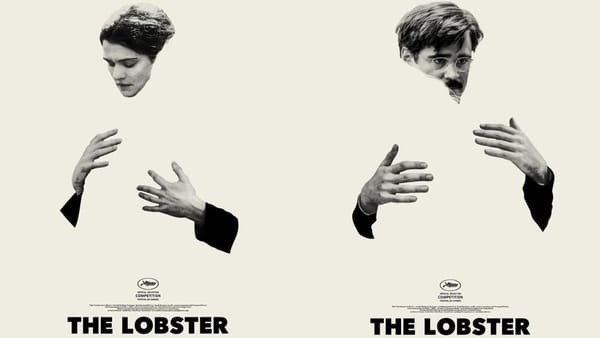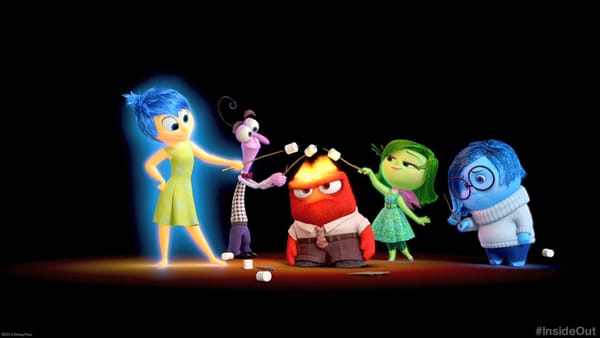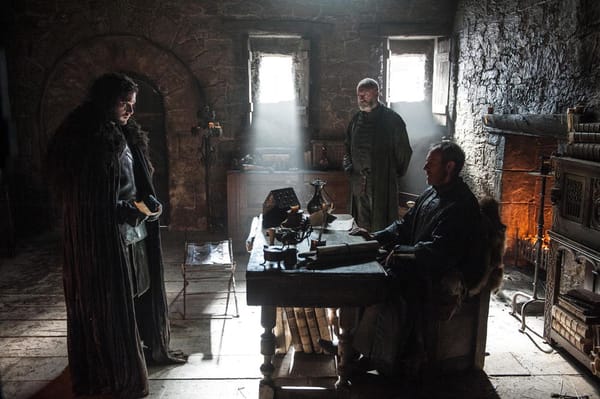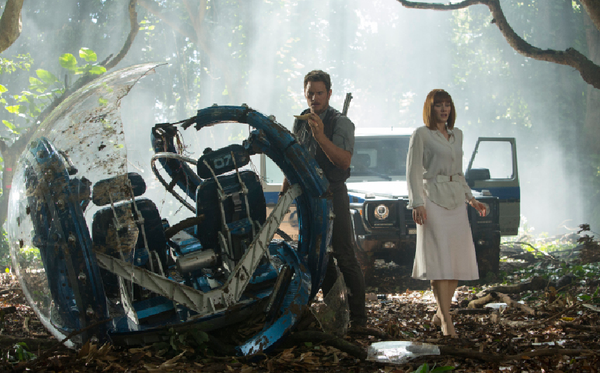Documentary Corner
This week, it's Jiro Dreams of Sushi
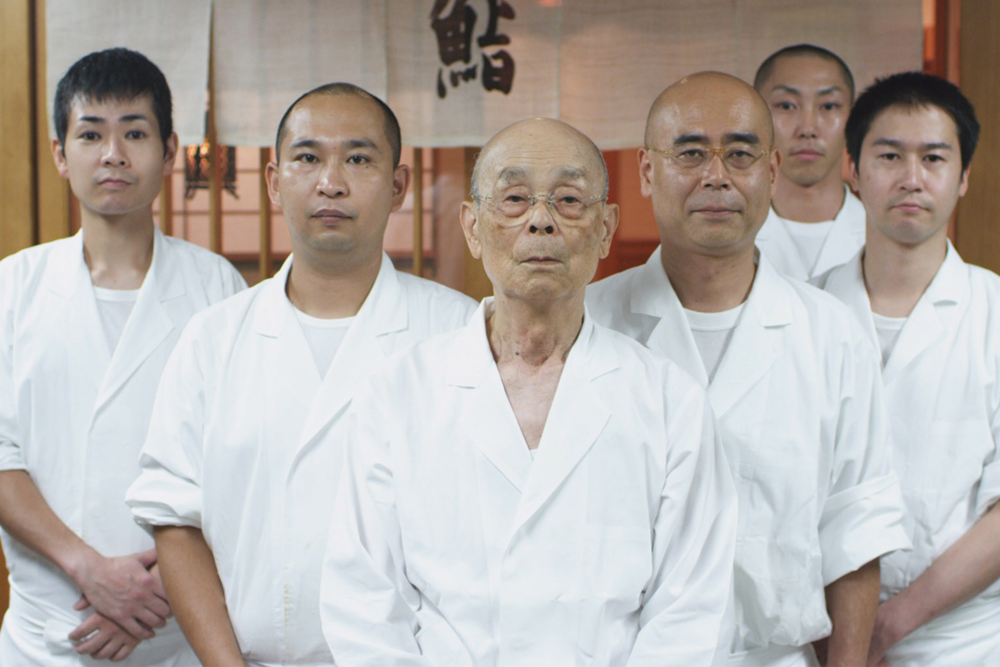
Found in a subway station of downtown Tokyo and seating only a mere ten people, it’s fair to say Sukiyabashi Jiro is one of the more inconspicuous three-Michelin-starred restaurants in the world. Since expanding their gaze to the Far East, the Michelin guide has become enchanted by the food of Japan, which now boasts more three-starred restaurants than any other country – but there is only one sushi restaurant on this list. Jiro Dreams of Sushi tells the story of the restaurant’s owner, oft-touted ‘best sushi chef in the world’, Jiro Ono, and his quest to perfect the art of sushi making. For all the build-up Jiro gets in this film, however, we eventually find out that the head chef duties actually belong to Jiro’s eldest son and heir, Yoshikazu. Herein lies the depth of the film.
The complexities of this father-son relationship is a major theme explored by director David Gelb; questions are raised over whether Yoshikazu is good enough to take over and whether he even wants to do so. Yoshikazu’s working life really just appears to be the result of obligation based on traditional Japanese ideas of succession and responsibility. It seems that, despite the title, the real story told here – in the words of the director himself – is one of a man “living in his father’s shadow”.
The film goes even deeper than this. Much like Gelb’s Netflix series Chef’s Table, Jiro Dreams of Sushi is focused on documenting the chef’s personal philosophies. For Jiro, the end goal of his work is not success, but rather the pride of knowing he has achieved perfection. Perfection of one’s craft, he claims, is what leads one to a fulfilled life.
This is an idea not many can empathise with, and it seems like Jiro’s work ethic is what has ultimately cost him what is traditionally important in life: family, recreation, and enjoying one’s success. Interestingly enough, Jiro isn’t alone in this obsession – he is surrounded by very like-minded people. This allows the director to comment on Japanese perfectionist attitudes as a whole. For example, a hidden star of this film is Jiro’s tuna supplier who will pack up and go home if he fails to win the fish he wanted that day simply because “there can only be one best fish”. One of Jiro’s junior chefs, we are told, has spent five years cooking rice, banned from any responsibility until Jiro believes he has perfected the task.
On a more superficial note, the film can be enjoyed as what is essentially feature-length ‘food porn’. The gorgeous shots of the restaurant’s tasting menu overlaid by an orchestral score by Phillip Glass is nothing short of beautiful. Quiet and tender for minutes at a time, we are treated to gorgeous, artistic cinematography which truly helps the viewer understand Jiro’s love of food. Ultimately, this film is not an easy celebration of sushi and the joy it brings to many, but a complex exploration of what it takes to be the world’s best.


